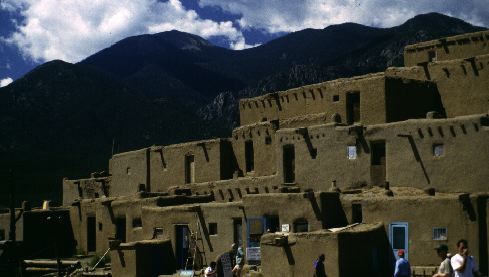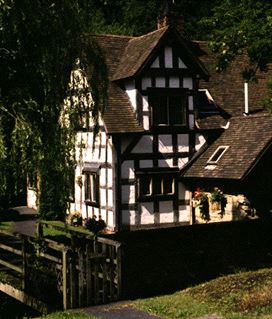Setting and analysis of places.
![]()
Analytical Planning | Land System | Milieu | Value Inventory | Site and Sun | Criteria
the totality of the situation due to weathering, climate, topography and hydrological influences on vegetation, wildlife, people and dwellings.
The oikumene was the Greek concept of the collective improvements on the land made by communities engaged in agriculture, mining, transportation or other commercial activities. Humans were visualized as creating a second nature within the original, unfinished and crude conditions of creation. Hence the notion of refinement, the process by which raw materials are transformed, made more usable, and distributed among dwellers.
Analytical Planning | Criteria | Land System | Milieu | Site and Sun
![]()
Solar radiation, sun declination, insolation and thermal gain or loss
Sun and radiation exposure varies seasonally and recurs annually depending on latitude.

![]()
Analytical Planning | Criteria | Land System | Milieu | Value Inventory | Site and Sun
Setting
| Grid pattern on the land in western Kansas. | Origins of the grid pattern in the Township & Range system. |
Analytical Planning | Criteria | Land System | Milieu | Value Inventory | Site and Sun
Milieu,
the totality of the situation due to weathering, climate, topography and hydrological influences on vegetation, wildlife, people and dwellings.
 |
 |
| Taos Puebla, New Mexico indigenes habitations | Half timbered house, England. |
places | places are? | places change
Analytical Planning | Criteria | Land System | Milieu | Value Inventory | Site and Sun
![]()
Water, waterscape and the movement or flow onto and off from the area.
Rivers are only the most apparent features on the land carved by running water. Kamloops, B.C., Canada.
![]()
Analytical Planning | Criteria | Land System | Milieu | Value Inventory | Site and Sun
Climate, weather & air currents and atmospheric pressure.
Energy available to the sight.
Landscape: describe the terrain, topographical features, slope and geographical aspects of the setting.
Analytical Planning | Criteria | Land System | Milieu | Value Inventory | Site and Sun
Mt Greylock, inspired Herman Melville's conception of the whale Moby Dick, seen here from Bennington.
Vegetation characteristic of the area and the region:
Forests as valued natural areas
Wildlife that frequents the sight as either its range, feeding or nesting grounds.
Analytical Planning
Values Inventory for Ecological Planning Method:
| Slope, surface drainage, soil drainage, bedrock foundation, soil foundation, erosive capacity, land values, tidal inundation,
| historic values, scenic values, recreational values, | water values, forest values, wildlife values, residential values, institutional values.
| Identifiable function | description of the features | Points |
| Slope | ||
| surface drainage | ||
| soil drainage | ||
| bedrock foundation | ||
| soil foundation | ||
| erosive capacity | ||
| land values | ||
| tidal inundation | ||
| historic values | ||
| scenic values | ||
| recreational values | ||
| water values | ||
| forest values | ||
| wildlife values | ||
| residential values | ||
| institutional values | ||
|
Highest ranking features
& Total |
Analytical Planning | Criteria | Land System | Milieu | Value Inventory | Site and Sun
![]()
Applying a scale of values assigned to feature:
High = 4 | Medium high = 3 | Medium low = 2 | Low = 1 | no identifiable value = 0
![]()
Criteria for assigning values to landscape features:
| absence of significance |
|
unknown | ||
| some significance |
|
Low | ||
| conflicting significance |
|
Medium low | ||
| multiple significance |
|
Medium high | ||
| complementary significance |
|
High |
Index | Antonyms | Landscape Values | McHarg Methodology | McHarg Notes
Science Index | Site Analysis | Population Index | Global Warming Index | Nature Index